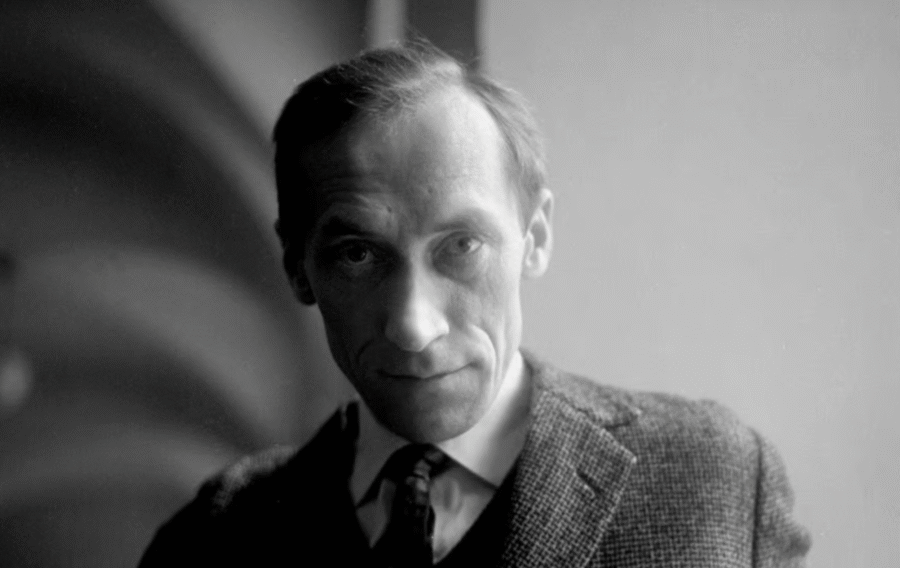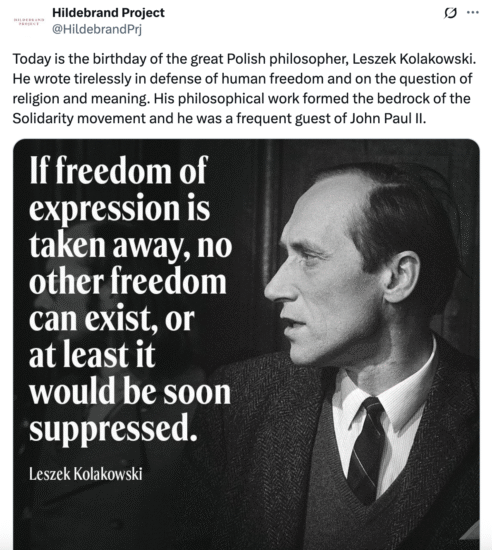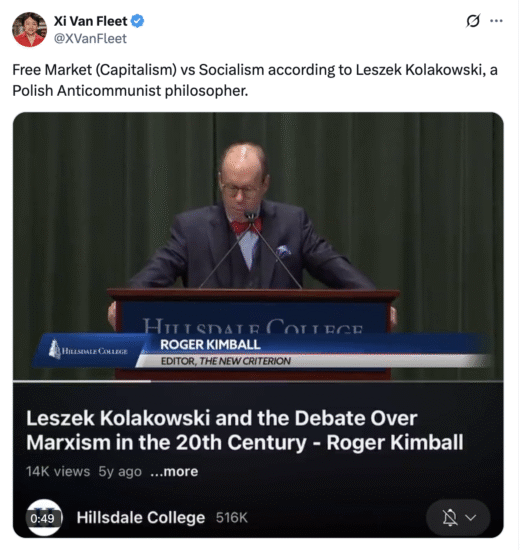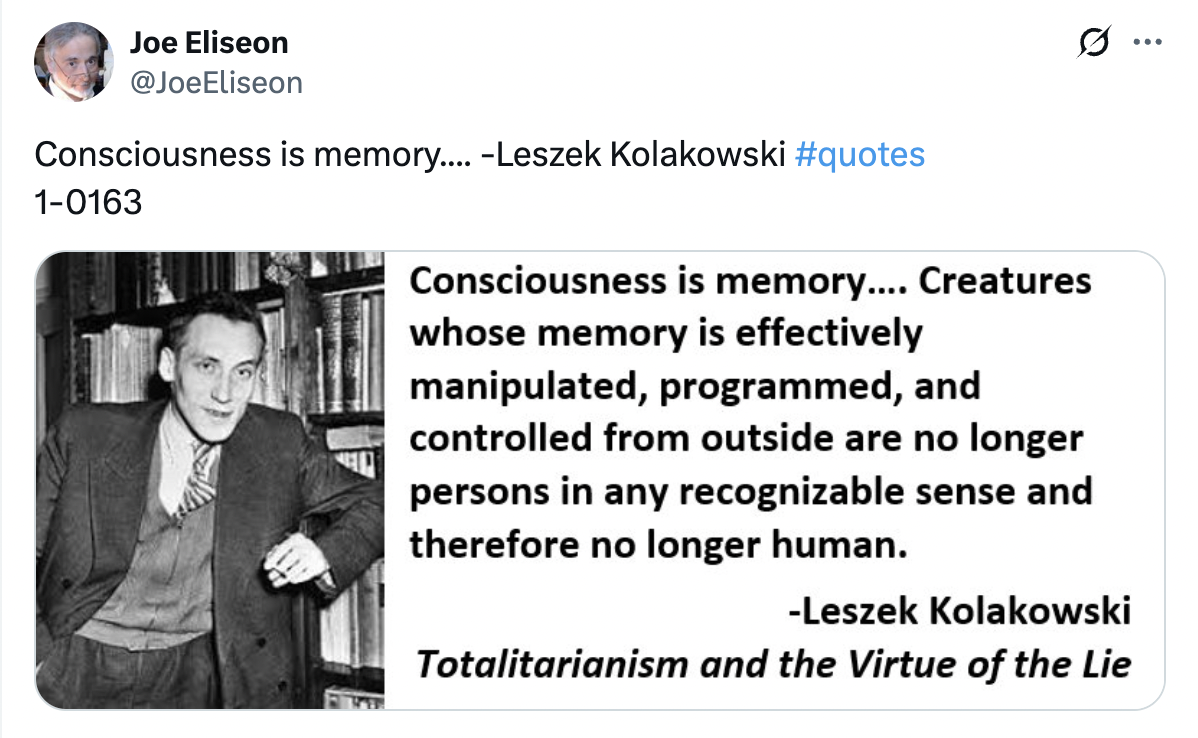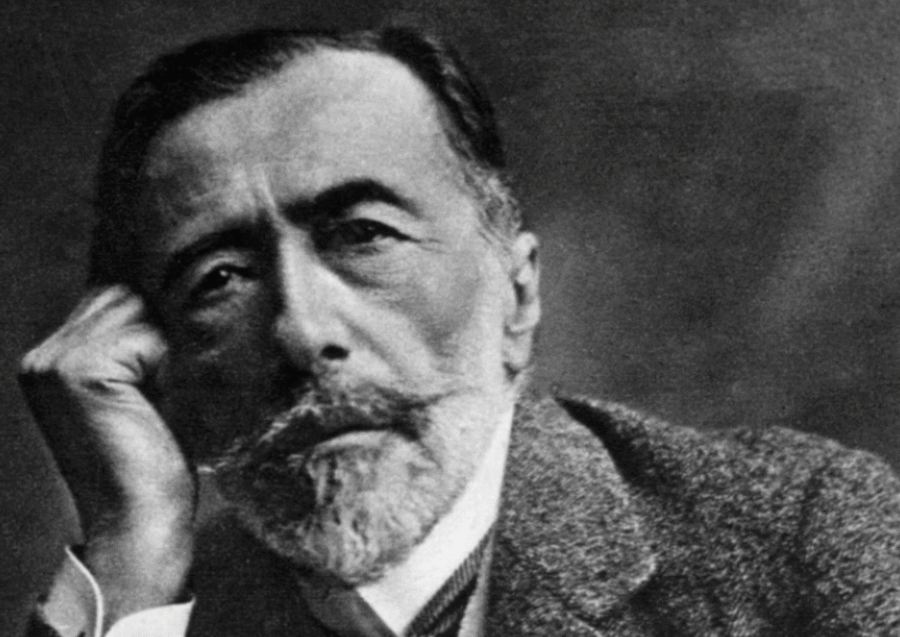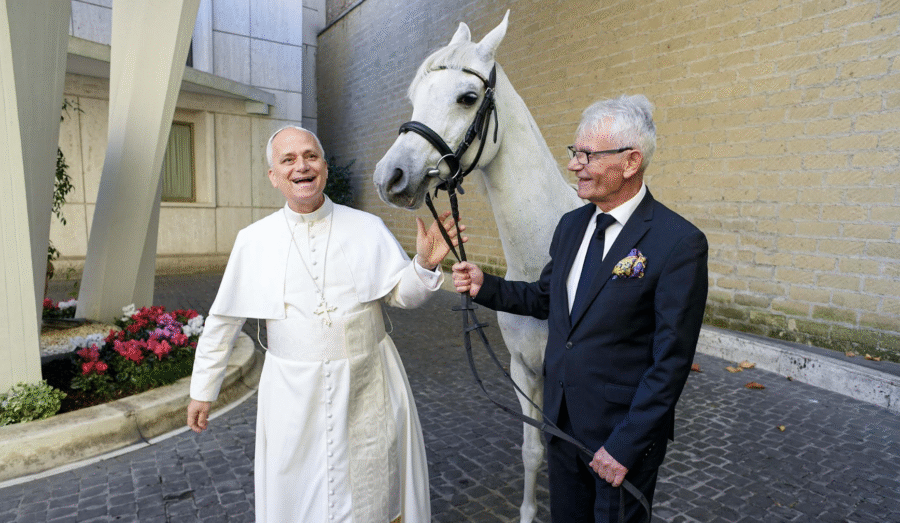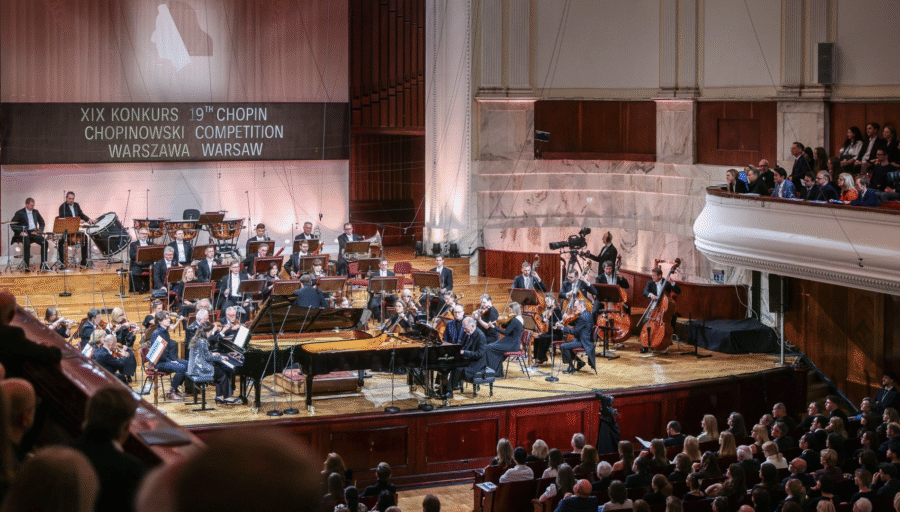Leszek Kołakowski remains one of the most influential European thinkers of the twentieth century, whose work continues to shape philosophical and political discourse today. His intellectual journey from Marxist orthodoxy to a profound critique of ideology and a renewed engagement with moral and spiritual questions mirrors the broader struggles of modern thought. Kołakowski’s writings remind readers that ideas have consequences, and that the pursuit of truth must be accompanied by humility, irony and moral responsibility. In an age marked by polarisation and simplistic certainties, his sceptical yet compassionate voice offers a model of critical reason rooted in human dignity.
He was born on 23 October 1927 in the city of Radom, Poland. He later described his hometown as “my centre of the world”, rooted in the region “, poor and rich land, potato-fields on which Polish culture and the Polish language lived”.
During the German occupation of Poland, he completed his secondary schooling in secret (a clandestine high school), and after the war, he passed his a-levels externally.
In 1945, he began studying philosophy at the University of Łódź and then at the University of Warsaw, attending lectures by renowned figures like Tadeusz Kotarbiński, Kazimierz Ajdukiewicz and Maria Ossowska.
His master’s thesis explored the notion of natural law, and in 1953, he obtained his doctorate at the University of Warsaw with a dissertation on Spinoza’s philosophy of freedom.
When asked why he chose philosophy, he responded ironically: “to have a trade in my hand!”.
Shortly after the war, in 1945, Kołakowski joined the Polish Workers’ Party (Polska Partia Robotnicza), and from 1947 until 1966, he was a member of the Polish United Workers’ Party (PZPR).
He worked at the Institute for Training Scientific Staff at the Central Committee of the PZPR and by the early 1960s had become a professor and head of the Department of Marxism–Leninism at the University of Warsaw.
However, over time, Kołakowski distanced himself from the doctrinal version of Marxist philosophy. In 1966, he lost his position and was removed from the party for his increasingly radical critique of the authorities and departure from the official Marxist-Leninist canon.
One memorable recollection by his former student, Bronisław Geremek, describes a lecture in 1956 in which Kołakowski sharply delineated what socialism was not, and followed with a wry, understated statement of what it truly might be.
In the events of March 1968, after the political purges in Poland, Kołakowski’s right to lecture and publish was revoked, forcing him into exile.
Following his forced departure from Poland, Kołakowski first joined the academic community abroad: he taught at McGill University in Canada (1968), then at the University of California, Berkeley (1969), and from 1970 until his retirement, he was affiliated with All Souls College, Oxford. He also delivered lectures at Yale, the University of Chicago, and other institutions around the world.
During his exile, his philosophical outlook gradually moved towards a broader Christian-inspired thinking, though he always described his stance in terms of scepticism:
“If you infer that very often in my analysis, I show different sides of an issue without definitive resolutions, fine. But that is my private tendency. I cannot pretend to be a mathematician who eventually finds the final solution.”
Kołakowski published more than 400 works and approximately 30 books in various languages: Polish, English, German, Spanish, French, Italian, Dutch, Hebrew and other Slavic and Scandinavian languages.
Perhaps his most celebrated work is the three-volume critique of Marxism titled Main Currents of Marxism: Its Rise, Growth and Dissolution (originally Główne nurty marksizmu. Powstanie, rozwój, rozkład), written between 1968 and 1976.
In it, he argued that “Marxism in the Lenin-Stalinist form proved to be a doctrine whose matter, when confronted with the external world, disintegrated like mummified corpses suddenly exposed to fresh air.”
Among his other important works are The Presence of Myth (1972) and later popular volumes such as Mini-Lectures on Maxi-Matters and What Are the Big Philosophers Asking Us?
He also wrote literary-philosophical texts, for example, 13 Tales from the Kingdom of Lailonia for Big and Small, Conversations with the Devil and Four Tales of Identity. In these, he used parody, dialogue and storytelling to engage with philosophical paradoxes and discussions between various schools and doctrines.
Kołakowski’s contribution to contemporary philosophy earned him the status of a classic of his time. He was the first recipient of the prestigious John Kluge Prize, awarded by the Library of Congress in the United States, which is considered the equivalent of a Nobel Prize in the humanities.
Leszek Kołakowski died on 17 July 2009 in Oxford at the age of 82.
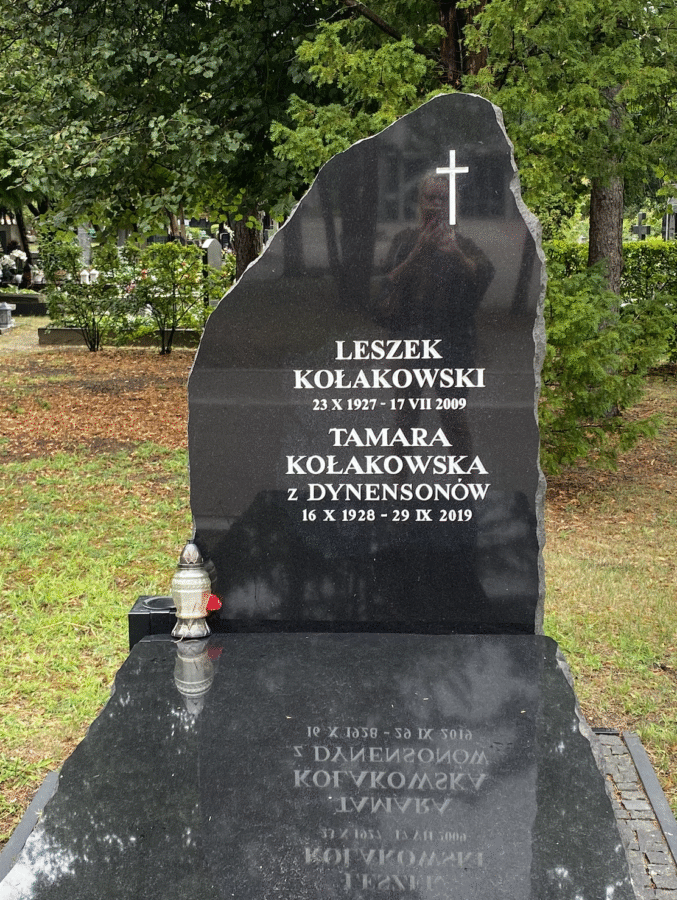
Kołakowski’s life spanned dramatically the contours of 20th-century Polish and European intellectual history: from the ruins of war-torn Poland, through philosophical engagement with Marxism, to exile and global recognition. His work remains a reference point for discussions of ideology, myth, freedom, identity and the human condition. As much an analyst of systems as a profound moral thinker, he combined rigorous scholarship with literary flair and personal authenticity.
In a time when many philosophers retreat behind technical jargon, Kołakowski retained a rare mixture of depth and accessibility, scepticism and conviction, humour and seriousness, making him a guide for both specialists and general readers interested in the major questions of our age.
Photo: X/@joefrancis505
Tomasz Modrzejewski


